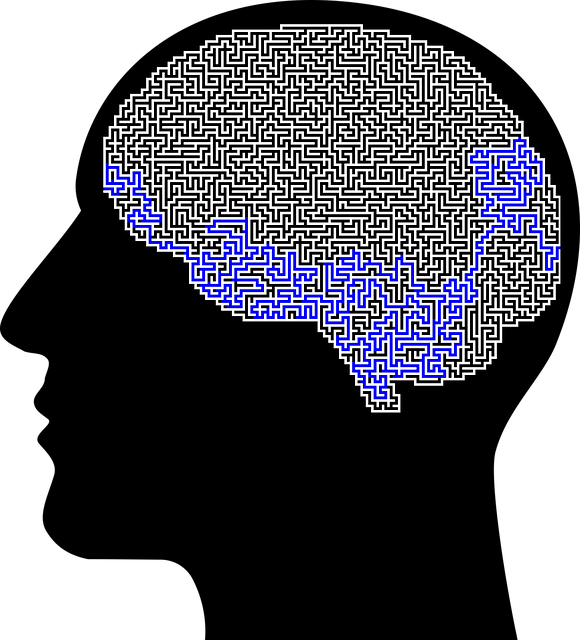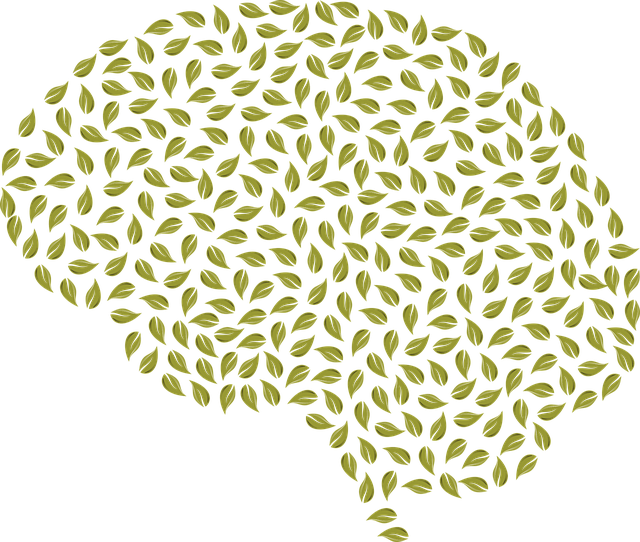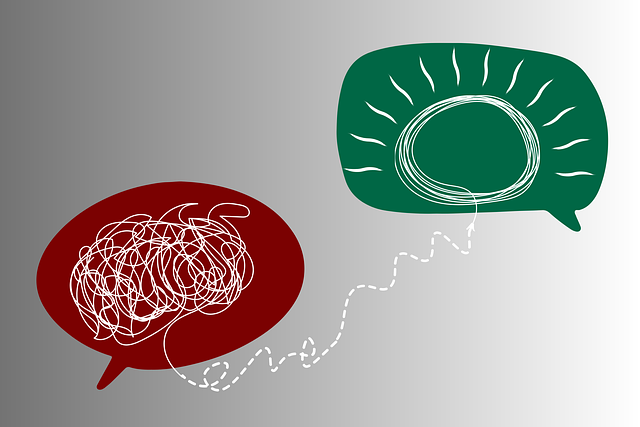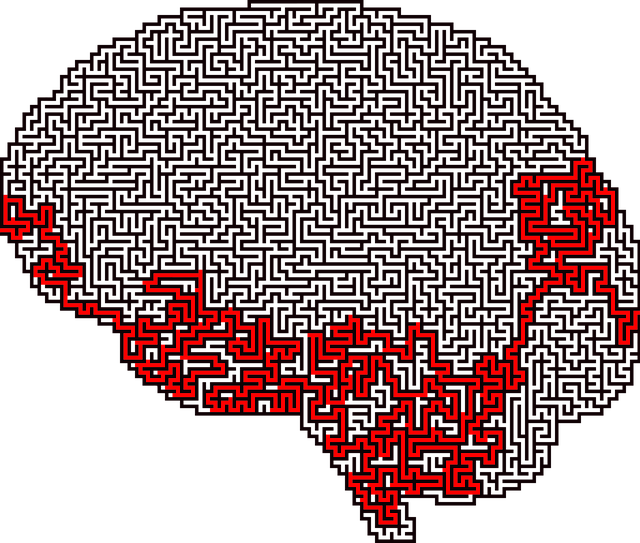Emotion regulation techniques, accessible via online therapy platforms, offer vital tools for proactive mental health management. These include mindfulness practices, cognitive reframing, and emotional grounding, enhancing resilience and coping mechanisms. Implementing these strategies in virtual therapy breaks geographical barriers, making support globally available through innovative methods like interactive video sessions and guided meditations. Despite challenges in maintaining quality and alliance, creative approaches ensure engaging learning environments, promoting emotional well-being on a global scale with Therapy for Online Therapy.
Emotion regulation techniques are essential tools for managing mental health, especially in the digital age. With online therapy becoming increasingly prevalent, understanding how to teach these skills remotely is crucial. This article explores effective strategies for implementing emotion regulation techniques in online therapy, highlighting benefits and challenges unique to this approach. From virtual workshops to interactive platforms, discover innovative ways to enhance emotional well-being in a digital setting, catering to those seeking therapy from the comfort of their homes.
- Understanding Emotion Regulation Techniques
- Implementing These Techniques in Online Therapy
- Benefits and Challenges of Teaching Emotion Regulation Online
Understanding Emotion Regulation Techniques

Emotion regulation techniques are essential tools in both therapy for online therapy and self-care routine development for better mental health. Understanding these techniques involves recognizing that emotional well-being promotion is a proactive process, not merely reactive. By learning to manage and navigate their emotions effectively, individuals can prevent or mitigate conditions like depression. Online therapy platforms provide accessible resources and guidance on various regulation strategies, catering to diverse needs and preferences.
These methods often include mindfulness practices, cognitive reframing, and emotional grounding techniques. Mindfulness, for instance, helps individuals become more aware of their feelings without judgment. Cognitive reframing encourages a different perspective on challenging situations, while emotional grounding techniques offer immediate relief during intense moments. Integrating these skills into daily life can foster resilience, enhance coping mechanisms, and ultimately contribute to improved emotional well-being.
Implementing These Techniques in Online Therapy

Implementing emotion regulation techniques in online therapy opens up a world of possibilities for both therapists and clients. With the rise of digital communication, individuals seeking therapy no longer face geographical barriers, allowing for more accessible support. This shift presents an opportunity to incorporate innovative strategies that enhance traditional treatment methods. Online platforms offer flexibility, enabling therapists to teach clients various emotion regulation skills through interactive video sessions, live demonstrations, and shared documents.
One effective approach is to utilize self-awareness exercises tailored for virtual environments. These can include guided meditation practices, body scan techniques, and mindful breathing exercises accessible via screen sharing. By fostering mental wellness and promoting positive thinking, therapists can help clients develop a deeper understanding of their emotions. This digital framework facilitates a supportive space where individuals can learn to navigate and manage their feelings effectively, even from the comfort of their homes.
Benefits and Challenges of Teaching Emotion Regulation Online

Teaching emotion regulation techniques online offers several advantages and presents unique challenges. One of the primary benefits is accessibility; individuals from diverse geographical locations can now access evidence-based therapy for online therapy, breaking down barriers that traditionally limited mental health support to specific regions. This accessibility is particularly crucial in promoting emotional well-being on a global scale, ensuring that those in remote areas or with limited mobility have equal opportunities to enhance their emotional intelligence and coping skills.
However, delivering such sensitive and complex topics through digital platforms comes with its hurdles. Maintaining the quality of care and establishing a strong therapeutic alliance can be more difficult in an online setting. Furthermore, some techniques, like mindfulness meditation, require hands-on guidance and practice that may be harder to replicate virtually. Despite these challenges, innovative teaching methods, such as interactive video conferencing, pre-recorded sessions, and virtual group discussions, can make emotional well-being promotion techniques engaging and effective for online learning environments.
Emotion regulation techniques have emerged as a powerful tool within online therapy, offering individuals effective ways to manage their emotions and improve mental well-being. As technology continues to shape the future of healthcare, understanding and implementing these techniques in virtual settings becomes increasingly vital. While challenges exist, such as maintaining therapeutic rapport remotely, the benefits of teaching emotion regulation online are significant. This includes increased accessibility to care, convenience for clients, and the potential for fostering resilience and emotional intelligence. By embracing innovative approaches, therapists can provide comprehensive support to those seeking therapy for their mental health needs in today’s digital landscape.











